All reports
Report
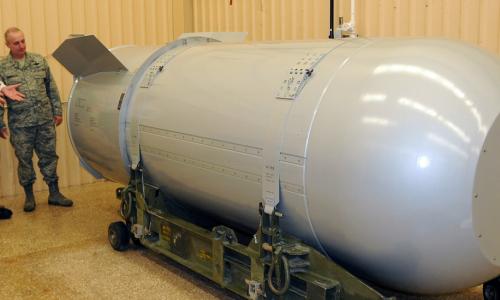
Opportunities to Reduce the US Nuclear Arsenal
President Obama could reduce the US arsenal by almost 2,000 nuclear weapons without affecting deterrence.
Report

Delivering Opportunity
California has an opportunity to improve public health, cut global warming emissions, and create new jobs through the electrification of trucks and buses.
Report
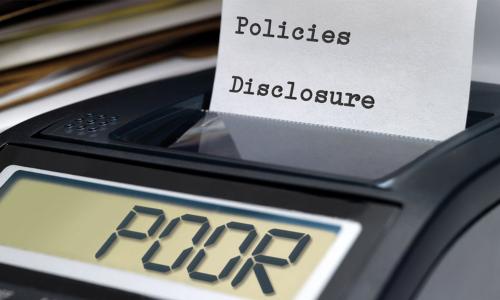
The Climate Accountability Scorecard
An in-depth analysis of eight leading fossil fuel companies assesses their climate actions and ranks them on their climate planning, policies, disclosure, and disinformation.
Report
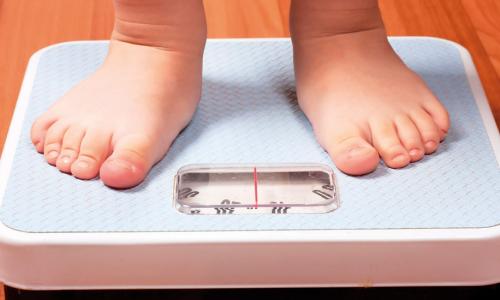
Hooked for Life
Over-consumption of sugar poses serious health risks for young children, but our policies aren't protecting them—thanks in large part to industry influence.
Report
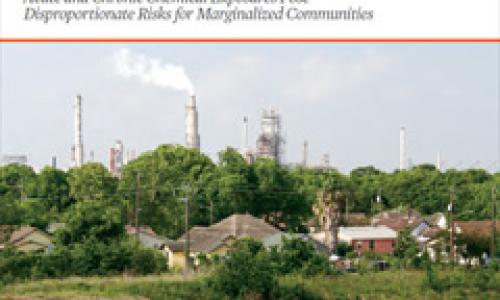
Double Jeopardy in Houston
A study of four Houston communities shows that both short- and long-term chemical risks are unevenly distributed along racial and economic lines.
Report
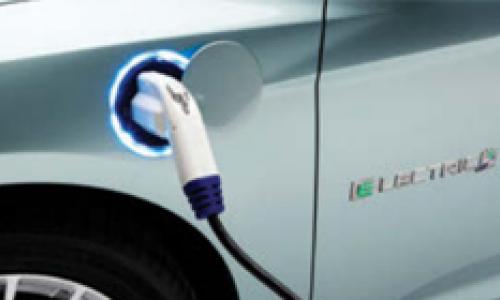
Electrifying the Vehicle Market
Drivers want electric cars—but depending on where you live, they may not be available.
Report
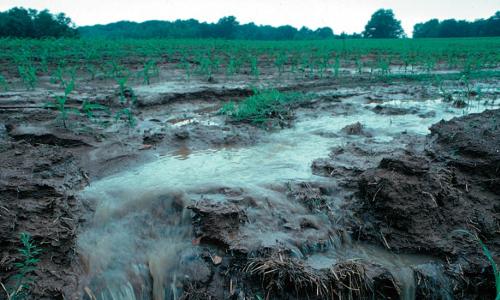
Subsidizing Waste
The public pays twice for US farm policy: once to subsidize outdated industrial farming practices, then again to fix the resulting problems. We can do better.
Report

Toward Climate Resilience
15 principles to ensure that investments in climate change adaptation are scientifically sound, socially just, and fiscally sensible.
Report

The US Military on the Front Lines of Rising Seas
Rising seas will increasingly flood many of our coastal military bases.
Report

Transparency in Food Labeling
Despite evidence showing that food labels can help consumers make healthier choices, the food industry continues to trot out tired, misleading claims to the contrary.
Report
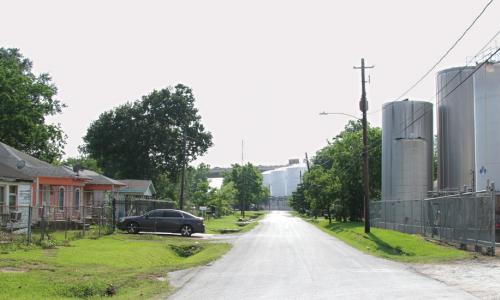
Air Toxics and Health in Manchester
Ringed by pollution sources that put their health at risk, fenceline communities need access to information to hold industry and local officials accountable.
Report
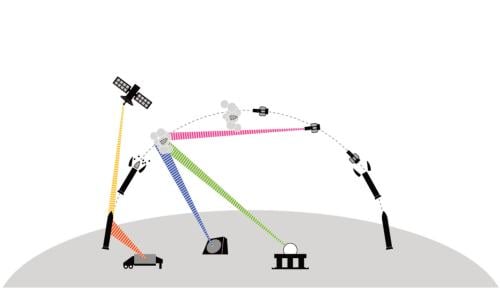
The Disastrous US Approach to Strategic Missile Defense
Missile defense is supposed to protect the US public. The evidence suggests that it doesn’t.